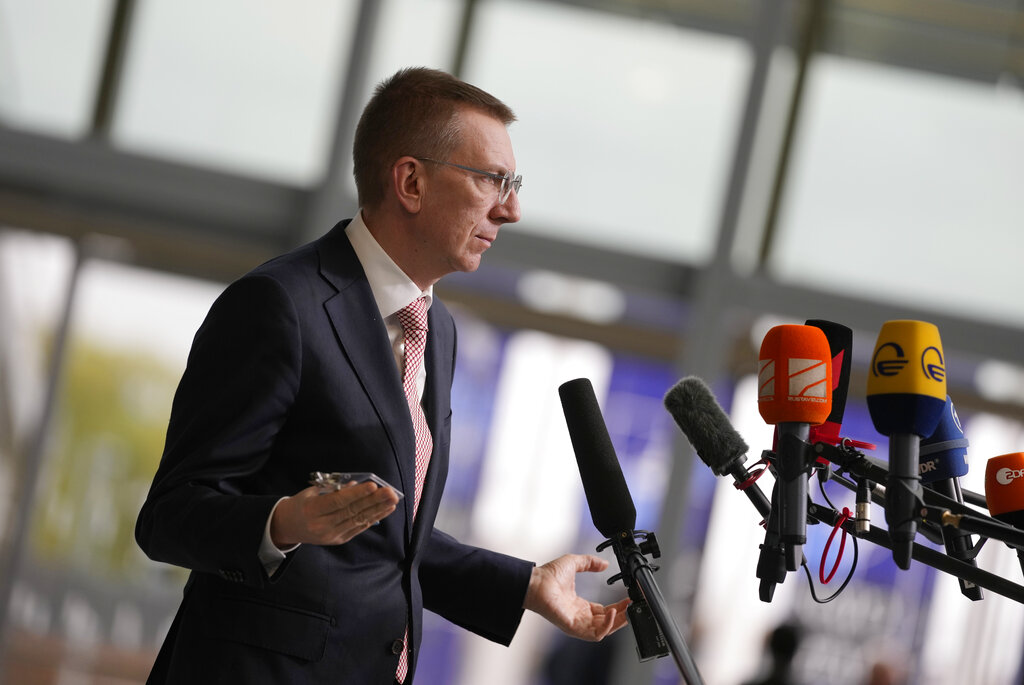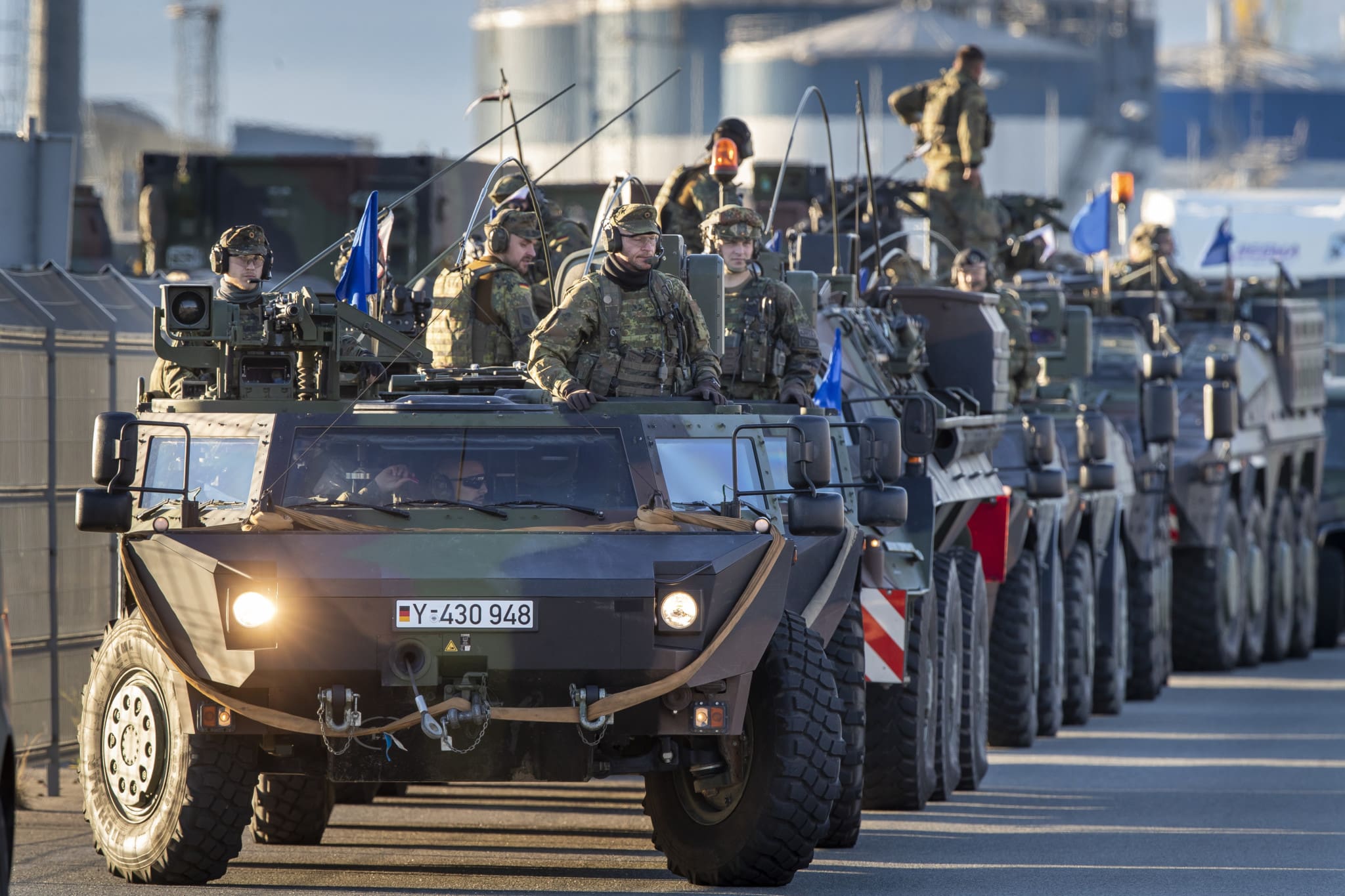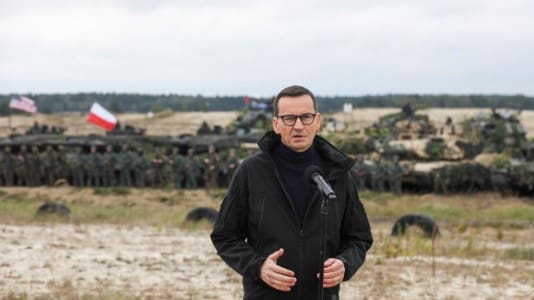The Baltic states have reacted to the partial mobilization announced by Russian President Vladimir Putin by putting their armies on high alert and issuing bans on Russians entering their territories.
Latvian Defense Minister Artis Pabriks said that although he did not expect any immediate territorial threat from the Russian mobilization, his country had to be prepared for Russians attempting to claim asylum in order to avoid the draft.

The Latvian minister of foreign affairs, Edgars Rinkevics, said that his country will not offer any sanctuary to Russians seeking to avoid the mobilization, which he argued was being done for security reasons. He said that this would not violate any international regulations, as those running away would not be doing it for religious or ethnic reasons since the Russians are for the time being calling up those who are already members of the Russian Armed Forces.
“They did not become religious overnight,” quipped Rinkevics. “Only those who can prove they had really opposed the war could be allowed to enter Latvia,” he added.
Lithuanian Defense Minister Arvydas Anuskauskas posted on Facebook that the country’s rapid deployment forces have been put on high alert, with the defense minister explaining that Lithuania is under unique threat due to Russia’s Kalingrad region, which is cut off from the main Russian territory and borders Lithuania. The minister opined that Lithuania feared provocations coming from this region.
The interior minister of Estonia, Veiko Komusaar, in turn said that his country would not stop Russians living in Estonia from leaving, but if the Estonian authorities found out that they participated in military activities against Ukraine, they would not be allowed to return.





